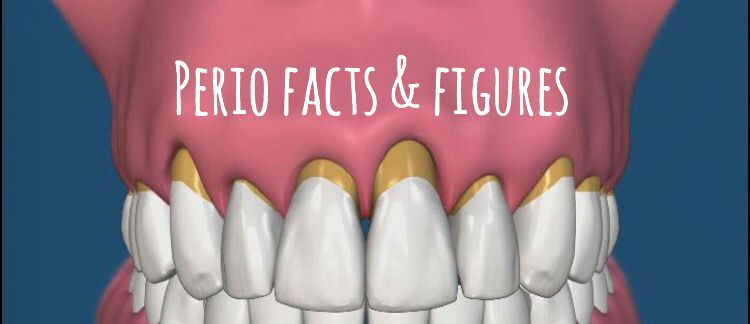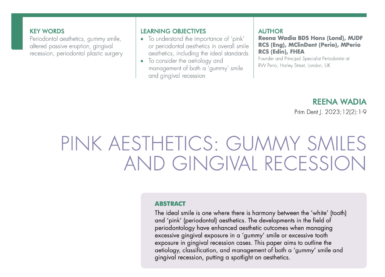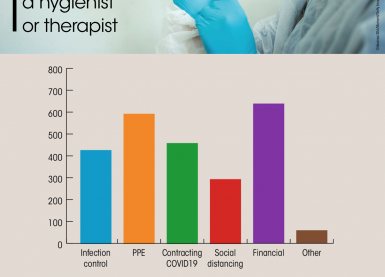April 1, 2015

- Periodontal disease is cited as the world’s 6th most prevalent condition. Severe disease affects approximately 10.8% of the global population i.e. 743 million people.
- Nearly half of the adult population in England have periodontitis – that’s approximately 24 million people.
- According to the above figures, each dentist will on average have 800 patients with periodontitis (30,719 dentists registered, not all practising in primary care).
- Oral disease is the 4th most expensive disease to treat in industrialised countries (WHO 2005).
- 5-10% of the healthcare budget is spent on oral care (Widstrom 2004).
- An estimated £2.8 billion per annum is spent on periodontal disease treatment in the UK (NHS stats).
- Treating periodontitis offers cost saving in diabetes care – a US insurance industry study found that medical costs can be reduced by more than $1,800 a year for each diabetic patient who receives periodontal care.
- 20% of the damage in periodontitis is caused by bacteria and 80% by the host response.
- Bacteria – The oral cavity contains > 700 bacterial species. Poor levels of oral hygiene result in 100 million to 1 billion bacteria per tooth.
- Host response – there has been some recent work on Neutrophil Extracellular Traps (NETS). These are antimicrobial, trap bacteria, activate the immune system and help in resolving infection. We do not yet fully understand their role in chronic disease. Unanswered questions include – do too few or too many NETS contribute to periodontitis, does excess NET production cause no resolving inflammation? Possible future treatment strategies may include modulating the host response (using micronutrient supplementation).
The BSP website is a fantastic resource for all – www.bsperio.org.uk
Don’t forget to register for EuroPerio8 – http://www.efp.org/europerio8/



